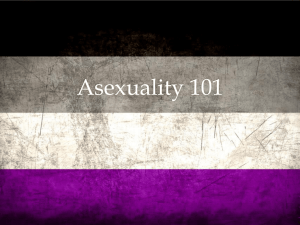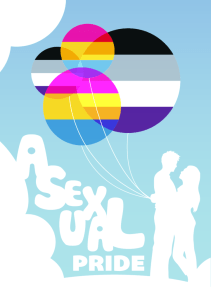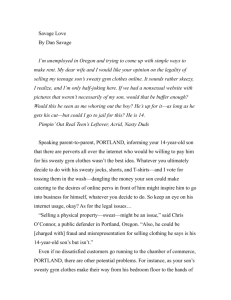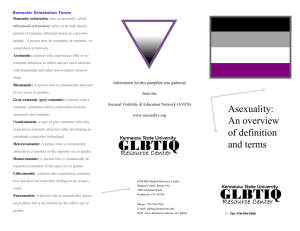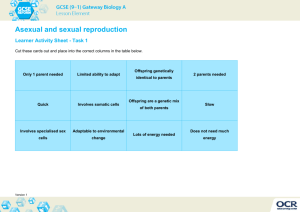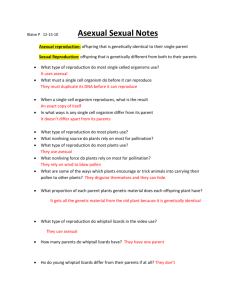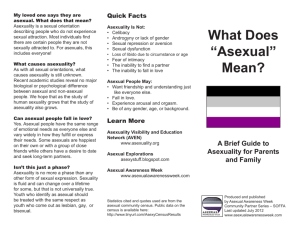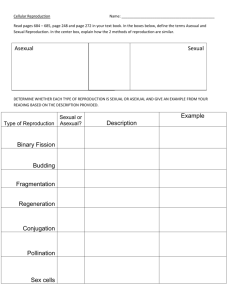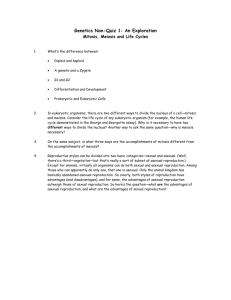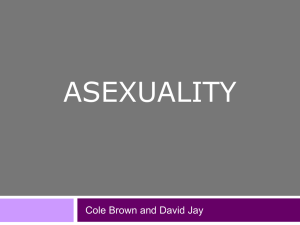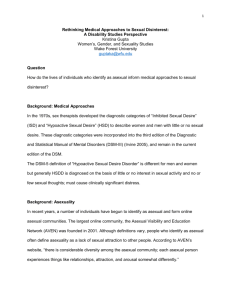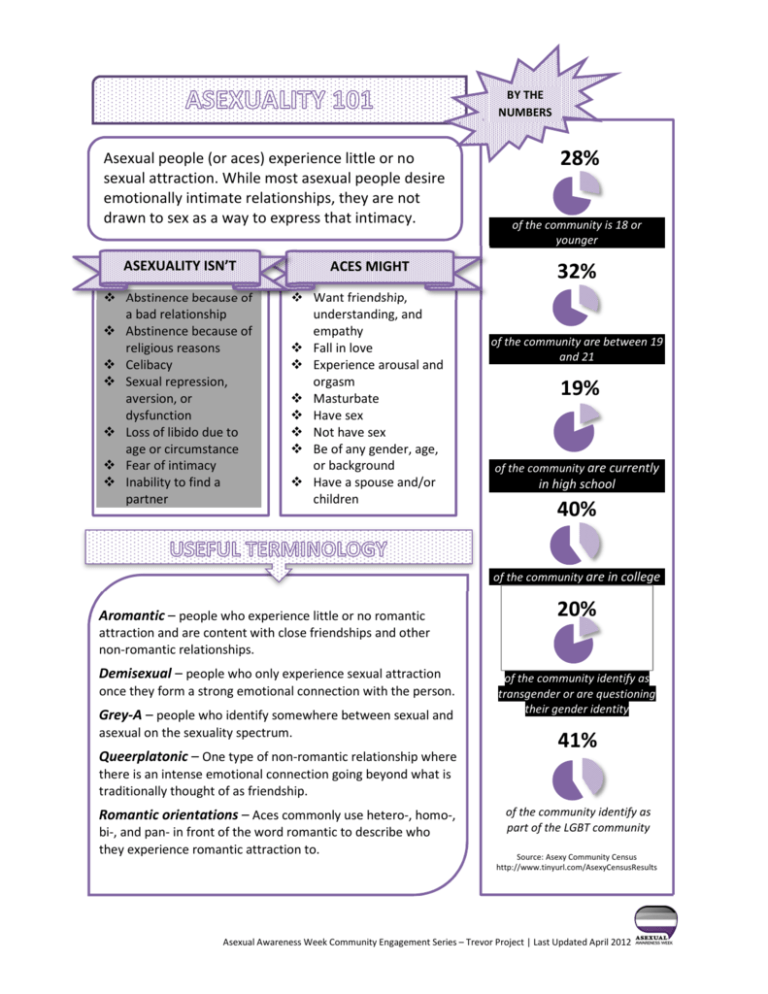
BY THE
NUMBERS
Asexual people (or aces) experience little or no
sexual attraction. While most asexual people desire
emotionally intimate relationships, they are not
drawn to sex as a way to express that intimacy.
ASEXUALITY ISN’T
ACES MIGHT
Abstinence because of
a bad relationship
Abstinence because of
religious reasons
Celibacy
Sexual repression,
aversion, or
dysfunction
Loss of libido due to
age or circumstance
Fear of intimacy
Inability to find a
partner
Want friendship,
understanding, and
empathy
Fall in love
Experience arousal and
orgasm
Masturbate
Have sex
Not have sex
Be of any gender, age,
or background
Have a spouse and/or
children
28%
of the community is 18 or
younger
32%
of the community are between 19
and 21
19%
of the community are currently
in high school
40%
of the community are in college
Aromantic – people who experience little or no romantic
20%
attraction and are content with close friendships and other
non-romantic relationships.
Demisexual – people who only experience sexual attraction
once they form a strong emotional connection with the person.
Grey-A – people who identify somewhere between sexual and
asexual on the sexuality spectrum.
Queerplatonic – One type of non-romantic relationship where
of the community identify as
transgender or are questioning
their gender identity
41%
there is an intense emotional connection going beyond what is
traditionally thought of as friendship.
Romantic orientations – Aces commonly use hetero-, homo-,
bi-, and pan- in front of the word romantic to describe who
they experience romantic attraction to.
of the community identify as
part of the LGBT community
Source: Asexy Community Census
http://www.tinyurl.com/AsexyCensusResults
Asexual Awareness Week Community Engagement Series – Trevor Project | Last Updated April 2012
ACE
SPECIFIC
ISSUES
Feeling empty, isolated,
and/or alone.
Rejection by a partner or
love interest for coming out.
Teenagers who choose not
to have sex are bullied
because of it and are called
“anti-social,” “weird,”
“broken,” or “sick.”
Commentary that excludes
or degrades non-sexuality,
such as “Everybody has sex,
what’s wrong with you?”
LGBT communities aren’t
universally supportive of
asexuality.
Asexual people can feel
broken or damaged and can
foster internalized distress
over asexuality.
Male identified asexual
students are sometimes
labeled as gay which leads to
bullying or rejection by
peers.
Some hate being asexual and
wish that they could change.
Asexual-asexual relationships
are rare; many asexual
people date and form
relationships with nonasexual people.
Some aces voice a fear of
never finding a partner who
would accept them for who
they are and/or worry that
they will grow old alone.
Female identified asexual
students can be singled out
for being “prudes” or
“selfish.”
Parents and friends can have
a variety of reactions to
someone coming out as ace,
even ones who are
supportive of LGBT issues.
Aces who choose to be out
on campus may be targets of
bullying.
ADDITIONAL RESOURCES
AVEN
Asexual Awareness Week
Asexual Explorations
Being an Ally
Hot Pieces of Ace
B
E
A
C
E
P
O
SI
Instead of saying…
Asexuality can’t exist.
You will know when it’s
time to have sex.
Have you seen a doctor?
This will pass, it is just a
phase. Everyone wants
sex sometimes.
Sex is a natural part of
adult relationships.
http://www.asexuality.org
http://www.asexualawarenessweek.com
http://asexystuff.blogspot.com/
http://tinyurl.com/BeAnAceAlly
http://www.youtube.com/HotPiecesofAce/
Asexual Pride Flag
Try saying…
Asexuality is a sexual orientation just like bi, gay, lesbian, and
pan.
Love doesn’t equal sex.
There are many happy, healthy relationships that don’t have sex
involved in them.
Sexuality is fluid and exists on a huge spectrum. There are many
different types of sexuality.
Sex and sexuality are complicated to figure out. Give yourself
time and space to explore what you are feeling.
Asexual Awareness Week Community Engagement Series – Trevor Project | Last Updated April 2012

